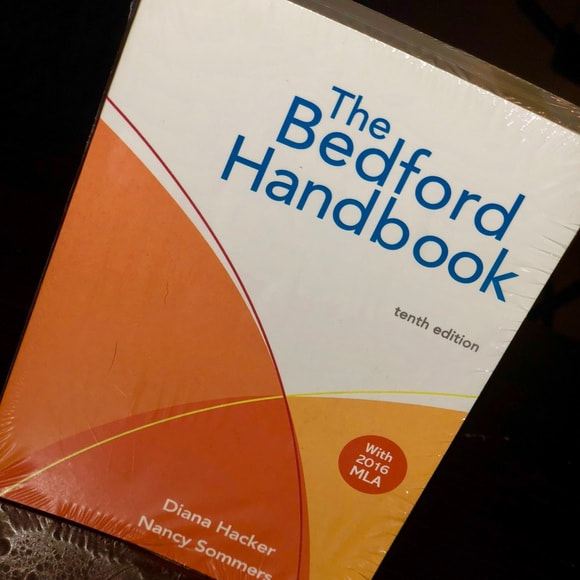Medical Ethics
(Phil 131C) Fall 2022
Mon/Wed 4:00-5:20pm
Location: Anteater Learning Pavilion 2500 (map here)
Professor: Brianne Donaldson
Email: [email protected]
Description:
Multiple studies show correlations between positive health outcomes and patients’ cultural values.* In this course, we will strengthen cross-cultural fluency in medical ethics by considering varying views on cultural competence, relativism, universality, and contextual medicine. This will include creating a “toolbox” filled with Western normative ethical theories including deontology, utilitarianism, feminist ethics, and justice-based accounts, alongside multiple bioethical concepts and cross-cultural resources related to race, gender, health disparities and religious identities. Through multiple case studies we will use our collected tools to evaluate issues such as on autonomy, truth-telling, definitions of death, reproductive ethics, end-of-life decisions, gene editing, animal research, and grieving, among other topics.
Opening Recitation:
“Do I contradict myself? / Very well then I contradict myself, / (I am large, I contain multitudes.)”
–Walt Whitman, "Song of Myself"
Student Learning Objectives:
1. Articulate 3-4 normative ethical theories in the west.
2. Explain key concepts in bioethics
3. Analyze various cross-cultural responses to critical ethical issues
4. Gain experience in completing a clinical Ethics Work-Up on case studies with reference to general appeals, their philosophical underpinnings, cultural competence, and contextual medicine
Professor: Brianne Donaldson
Email: [email protected]
Description:
Multiple studies show correlations between positive health outcomes and patients’ cultural values.* In this course, we will strengthen cross-cultural fluency in medical ethics by considering varying views on cultural competence, relativism, universality, and contextual medicine. This will include creating a “toolbox” filled with Western normative ethical theories including deontology, utilitarianism, feminist ethics, and justice-based accounts, alongside multiple bioethical concepts and cross-cultural resources related to race, gender, health disparities and religious identities. Through multiple case studies we will use our collected tools to evaluate issues such as on autonomy, truth-telling, definitions of death, reproductive ethics, end-of-life decisions, gene editing, animal research, and grieving, among other topics.
Opening Recitation:
“Do I contradict myself? / Very well then I contradict myself, / (I am large, I contain multitudes.)”
–Walt Whitman, "Song of Myself"
Student Learning Objectives:
1. Articulate 3-4 normative ethical theories in the west.
2. Explain key concepts in bioethics
3. Analyze various cross-cultural responses to critical ethical issues
4. Gain experience in completing a clinical Ethics Work-Up on case studies with reference to general appeals, their philosophical underpinnings, cultural competence, and contextual medicine




